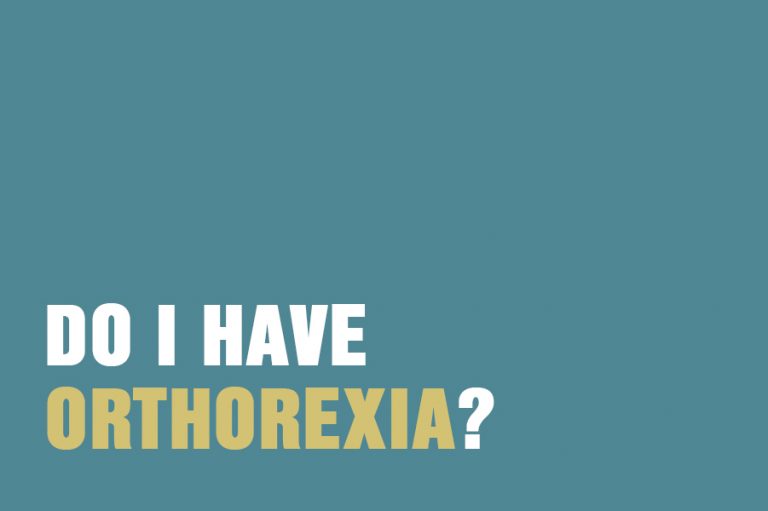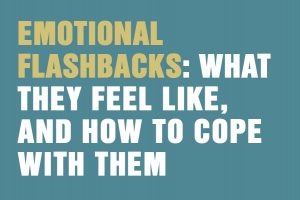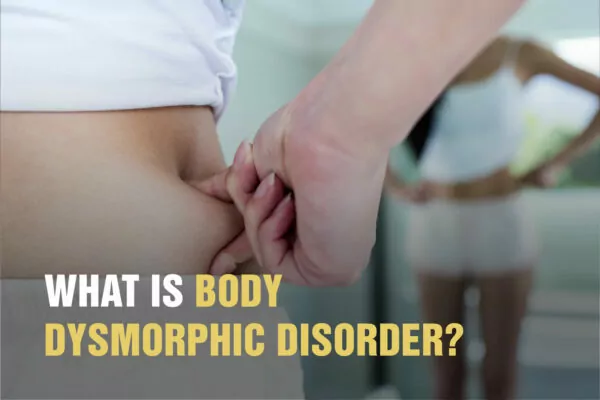What is Orthorexia?
Within the last ten or so years there has been a rise in ‘clean eating culture’ – only eating foods that are high in nutrients and have not been processed. It is eating fresh foods, healthy foods, organic foods, and so on. It can mean becoming vegetarian, pescatarian, vegan, dairy-free, gluten-free, etc. but it doesn’t have to be. You can eat the full gamut of foods naturally available and still consider yourself to be ‘clean eating’.
More recently, there has been some backlash in this area. By 2015, Nigella Lawson expressed “disgust” at the movement, claiming that clean eating was a form of “body fascism”. Many of those who had been publically promoting clean eating have since backtracked and changed their image – aware of the negative effects of taking clean eating too far. Some of these people, according to The Huffington Post, include Alice Liveing (formerly Clean Eating Alice), The Hemsley Sisters, and Deliciously Ella.
Orthorexia tends to develop when clean eating is taken too far – when it gets in the way of you being able to enjoy your social life, your family, your friends, and your ability to perform at work.
Orthorexia is “an obsession with eating foods that one considers healthy” or, more specifically, “a medical condition in which the sufferer systematically avoids specific foods that they believe to be harmful.”
Orthorexia is currently not an officially diagnosable eating disorder, unlike anorexia, bulimia, or binge eating disorder, however the idea has been gaining momentum since the late 1990’s.
What signs should I look out for?
There are physical, psychological, and behavioural symptoms to look out for which have been published by eating disorders charity Beat.
Most, if not all, of the physical symptoms resemble the physical symptoms of anorexia nervosa. These symptoms include;
- feeling weaker
- feeling cold
- slow recovery from illness
- tiredness
- weight loss
- The behavioural and psychological symptoms of orthorexia include;
- cutting out various foods or food groups from their diet in an attempt to be healthier, with more food groups being cut out over time
- Taking existing theories about food and nutrition and then adapting and adding to them over time
- Compulsively checking ingredients lists and nutritional labels
- Judging other people’s eating habits
- Poor concentration
- Obsession with healthy eating or supposedly healthy diets
- Their obsession with what they are eating may interfere with other areas of their life such as relationships or work
- Feeling unable to put aside their personal rules about food, even when they want to
- Feelings of guilt or uncleanliness when they eat foods they aren’t ‘supposed’ to
- Emotional well-being is overly dependent on eating the ‘right’ foods
- Low mood or depression
- Low energy levels
Some of these signs and symptoms alone may not actually indicate clinical levels of disordered eating. For example, many athletes will cut out various food groups from their diet, and check ingredients lists and nutritional labels. Body builders, for example, will restrict their food intake religiously for 16-18 weeks prior to a competition, and are paid handsomely for this task if they win, however once the competition season is over, most of them will return to their usual activity and food intake for the remainder of the year.
The issues tend to come in when many of these symptoms are seen together, especially those further down the behavioural and psychological list. When guilt, shame, and secrecy come into the equation, it might be time to seek help. Furthermore, if an obsession with healthy eating is getting in the way of going to family events and birthday parties, or is getting in the way of your ability to do your job or parent your children, then it might be time to re-evaluate.
As orthorexia is not yet a recognised eating disorder, it is difficult to find statistics regarding who is more commonly affected than others, however researchers McComb and Mills (2019) found that there are some risk factors for developing orthorexia. They found that gender and self-esteem tended to be unrelated to the development of orthorexia, however perfectionism, obsessive-compulsive traits, history of an eating disorder, dieting, poor body image, and a drive for thinness were all associated with a greater risk of developing orthorexia.
How can I help myself?
- Play devil’s advocate: Don’t rely on the latest headlines about what is healthy and what isn’t. This advice changes with alarming regularity and what is healthy this week has the potential to kill us the next. Do some deep and well-rounded research about foods that you had previously banned. Find the science behind the headlines and look at research from all angles. Don’t pick and choose research that fits into your existing argument – look at research that contradicts your food rules as well.
- Don’t fixate on nutritional labels: Nutritional labels are full of helpful information, but it is easy to get fixated on the numbers and forget about the food itself. Use the information on the labels to inform your decisions, but don’t let them control you. Some foods are high in nutritional value and low in calories, but that doesn’t mean that you should only eat this particular food and nothing else. All foods should be considered within the wider context of your diet.
- Learn to indulge yourself: One indulgent meal or snack is not going to have an everlasting impact on your body. If you are out celebrating with friends, and you are craving a dessert, then allow yourself to have the dessert – and don’t punish yourself for it. Try to let go of labelling foods as either bad or good – there are almost no foods that have zero nutritional value.
- Explore the underlying emotions: have a think about where your journey of clean eating started. At what point did it tip from healthy eating to obsessive? What was going on in your life at that time? Are there times when you are stricter with your diet? When does that happen? Are there certain people that you struggle to eat around? What motivates you to be so strict with yourself? What do you fear will happen if you let go?
What help is available?
Due to orthorexia not being a recognised and diagnosable eating disorder, there is not currently a specific treatment plan for those that are suffering with it. However, orthorexia does have overlapping symptoms with other disorders such as anorexia nervosa, anxiety, and obsessive-compulsive disorders, therefore clinicians have been able to treat clients with a mixture of treatment methods.
A common treatment for orthorexia is likely to be a mixture of talking therapy, Cognitive-Behaviour Therapy (CBT) and/or nutritional support. The therapist will be able to address the thought distortions, break down the all-or-nothing thinking such as certain foods being “good” and others being “bad”, and separate out someone’s thoughts about the food that they eat from their self-worth. A nutritionist will be able to address the client’s theories about why certain foods are off limits whilst others are allowed, and can help the client design a more balanced diet and meal plan.
If you, or someone close to you, feels they would like support with issues around food then therapy could be an option. We have a team of Eating Disorders counsellors who will be able to help. Sessions are available seven days a week at our centres in Clapham and Tooting. Our Front of House team can support you in finding the right therapist for you. Just call 020 8673 4545 or email [email protected] for a confidential appointment.








